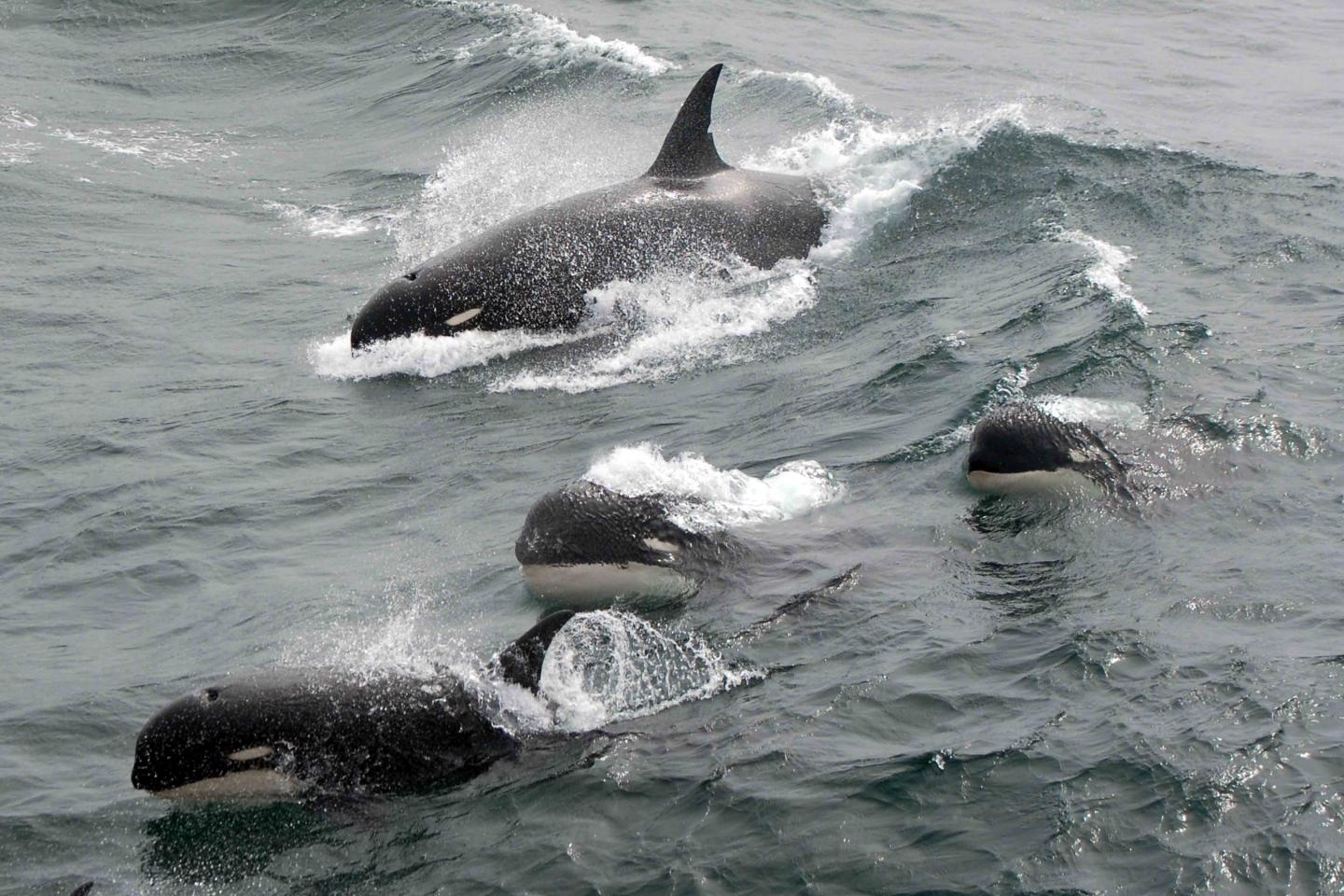Russian researchers in desperate attempt to rescue stranded killer whales
The whales are stuck in a silted estuary

Desperate rescuers and volunteers were trying to save four killer whales stranded off the Kamchatka Peninsula in Russa on Wednesday, dousing them with water and trying to push them into deeper waters, the emergency ministry said.
With a tide due soon, more than 30 rescuers were on site, aiding two orcas and two calves, the emergency ministry said on the Telegram messaging app.
The whales got stuck in a silted estuary making it impossible to use equipment to reach them.
“We are waiting for the waters to come,” TASS state news agency cited the region’s emergency minister, Sergei Lebedev, as saying. “The only way to help the animals now is to water them manually.”
The Kamchatka Peninsula is a 1,250-kilometre-long (777 miles) peninsula in the Russian Far East, some 6,500 kilometres east of Moscow.
This week it was announced that authorities in the city of Petropavlovsk in the region of have launched night patrols to address the number of bears roaming the area.
“Our city has never faced bears wandering into town like this,” the city’s acting Mayor Yevgeny Belyayev said. “It’s important to ensure the safety of the residents of the city, who are lucky enough to live side by side with wildlife.”
“The group is on night duty and uses a thermal imaging drone to search for animals in the dark,” he wrote on social media.
On Monday an earthquake of magnitude 6.3 struck near the east coast of Russia‘s Kamchatka region, the German Research Centre for Geosciences (GFZ) said. The quake was at a depth of 10 KM (6.21 miles), GFZ said.
Join our commenting forum
Join thought-provoking conversations, follow other Independent readers and see their replies
Comments
Bookmark popover
Removed from bookmarks